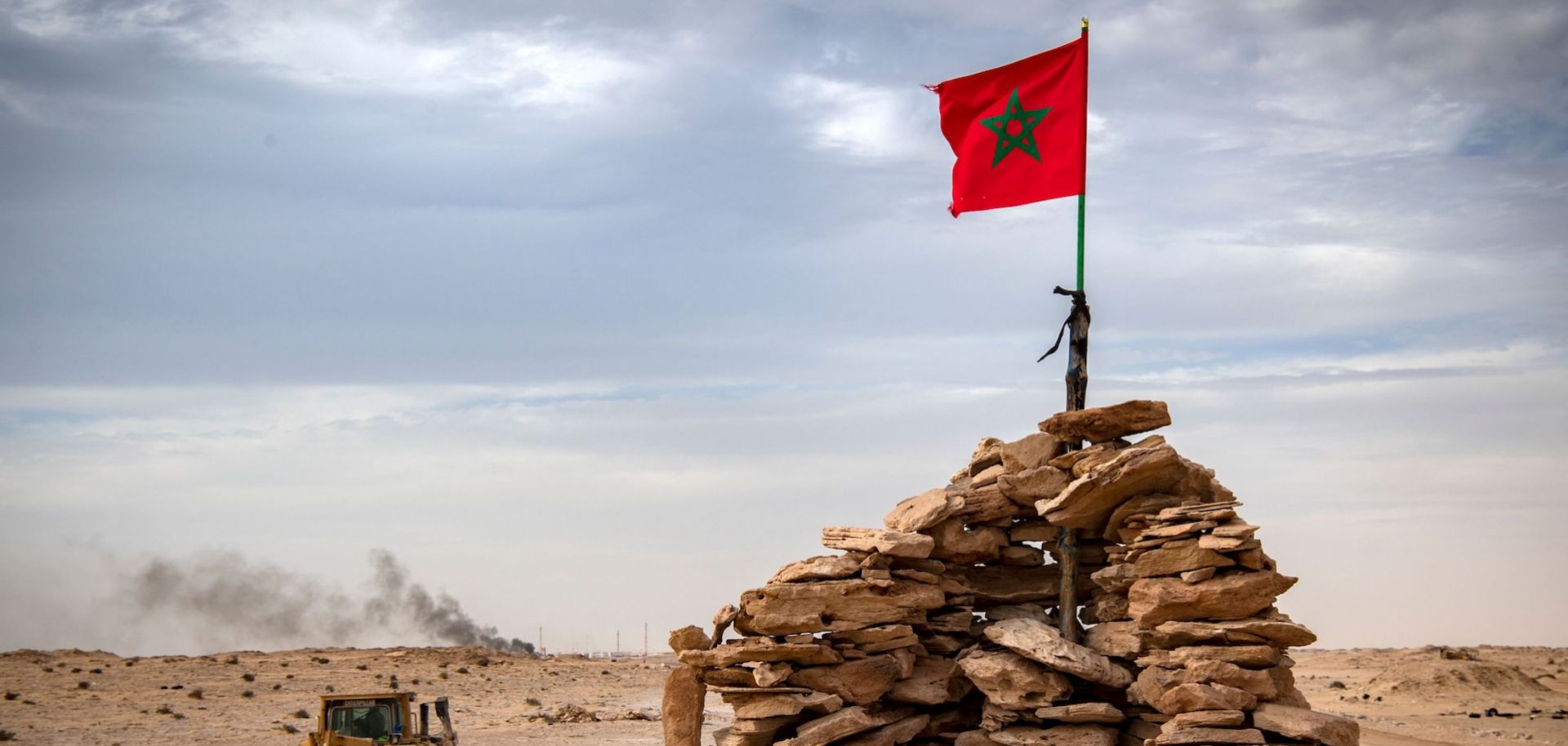
Algeria’s attempt to challenge Morocco’s sovereignty over the Sahara through an environmental resolution was firmly rebuffed at the 15th Conference of the Parties to the Ramsar Convention on Wetlands, held from 23 to 31 July 2025 in Victoria Falls, Zimbabwe.
In what was widely seen as a politically motivated move, Algiers proposed a resolution calling for the removal of several Moroccan wetland sites located in the southern provinces—specifically Dakhla Bay, the Aftissate coast, Sebkhat Imlili, and Oued Assaquia Al Hamra—from the Ramsar list.
The action, presented under the pretext of environmental protection, was interpreted by multiple delegations as an indirect challenge to Morocco’s sovereignty over Western Sahara.
The Moroccan delegation responded decisively, defending the scientific neutrality of the Ramsar Convention and denouncing what it described as a political exploitation of a technical forum.
“The Ramsar Convention must remain free from political manipulation,” they insisted, underlining that the organization is not mandated to resolve territorial conflicts.
The Algerian resolution, which quickly lost traction and support, was ultimately withdrawn before it could be put to a vote.
Delegates from both African and European nations stood in solidarity with Morocco, reaffirming that environmental conventions should not be diverted for geopolitical aims.
In contrast to Algeria’s failed maneuver, Morocco’s presence at COP15 was marked by recognition of its environmental leadership.
The country showcased progress made through its 2020–2030 Forest Strategy, implemented by the National Water and Forestry Agency (ANEF), and highlighted the inclusion of 38 Moroccan wetlands on the Ramsar list.
Morocco was also elected to the Ramsar Standing Committee as the official representative for North Africa for the 2025–2028 term—a symbolic endorsement of Rabat’s commitment to ecosystem protection amid attempts at political interference.



